Inside a Cocoon, NDIS services care-free
For years Zaffar Khan has been able to grow his empire while moving from one cowboy company to the next. Now, the unscrupulous practices of NDIS firm Cocoon are being brought to light.
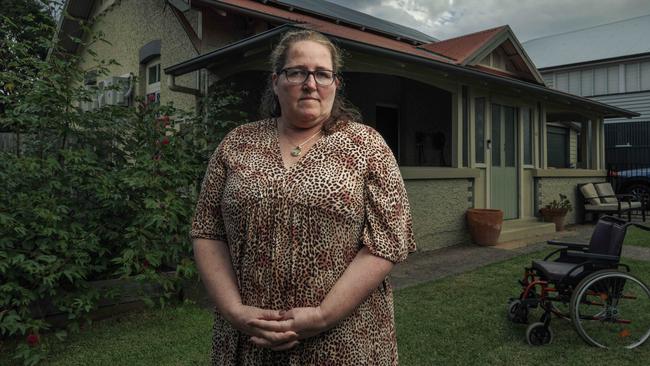
The clue is in the name: Cocoon. A silk shell that shields the slowly fattening insect within from discovery and harm.
Cocoon SDA Care is a disability provider whose unscrupulous practices are finally being exposed to the glare of public attention.
For years its puppet-master, Zaffar Khan, has been able to grow while moving from one cowboy company to the next.
All the while, he’s stayed off the books and a step ahead of authorities, discarding the used shell of one company to emerge in another guise.
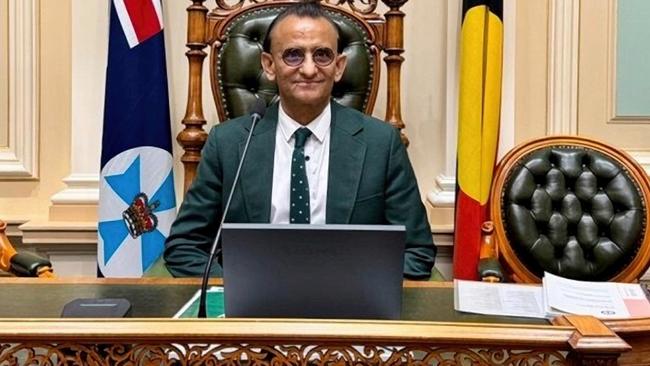
How he has been able to do this repeatedly, leaving vulnerable clients locked out of their homes, staff unpaid and a trail of distraught investors, goes to the heart of rising concerns about the $48.5bn-a-year National Disability Insurance Scheme.
Like Khan’s empire, the NDIS has grown very big, very fast, becoming one of the largest weights on the federal budget, with regulators clearly struggling to keep pace.
According to some of those who know Khan, the 66-year-old former taxi driver and ex-bankrupt wanted to ride the NDIS tidal wave he saw coming.
“Zaffar just wanted to tap in because of the funding,” says a company insider.
“It was the big hype, the next Medicare. He was saying it would be the next big thing.”
Five years ago, Khan’s longtime business partner Muhammad Latif bought a tiny family-run NDIS business advertised on Gumtree, a site that might normally be associated with sales of tools and garden furniture.
It was called Melbourne Carers and provided minor care for only five clients. It attracted Khan for the sole reason it already had types of NDIS registration that the fledgling Cocoon group of companies didn’t have.
Cocoon was already delivering an around-the-clock service prior to buying Melbourne Carers, but when there was “an issue in their billing” it dawned they didn’t have the right NDIS registration for that level of care, the insider says.
“It was highlighted to Zaffar that we cannot invoice these services,” the insider says. “All of a sudden, there was a call, ‘we’ve got a new company now, it’s called Melbourne Carers’.”
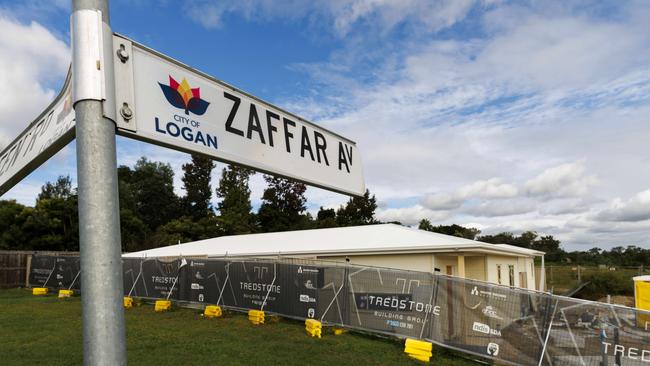
The former owners of Melbourne Carers, Demet Aydan and her husband Hakan, say they received a call from Latif responding to their ads.
Latif asked about the business’s registration, then paid a 10 per cent deposit of $6000 on the spot, Demet says.
Two of Demet’s NDIS clients were sisters with vision impairment. The other three were women and a youth with intellectual disability.
Demet helped them with basic chores and took them out into the community, until selling the business to Latif.
Khan then offered her a job, which she declined.
“They weren’t interested in my customers,” Demet says of the men. “They told me to let my customers go, to thank them and give them a present.”
Path to riches
Purchasing the small Melbourne business with its pre-approved registration in early 2020 cleared the way for Khan to immediately bill the NDIS for more services, rather than waiting 18 months, the insider says.
In the company’s Brisbane headquarters, staff worked on developing a new name suitable for a national organisation, settling on Connecting Abilities Australia.
Khan “was happy during that time because he was seeing money coming in and houses were starting to get filled”, the insider says.
“He could be very grandiose in business meetings. He would say: ‘When we go public, I’ll give you shares. We will become the largest NDIS company in Australia. We will dominate the market’.”
The insider adds: “Zaffar is always in charge. Latif is a director figurehead.”
Investors were brought in by Khan’s big promises, “only to find out they’re not getting their returns”. As a result of Khan’s spruiking, some investors built houses that were never or only briefly occupied, sources say.
The fallout resulted in ongoing litigation.
Meanwhile, the business lacked necessary staff such as an experienced human resources manager.
“I told Zaffar ‘you’re growing too fast’,” the insider says.
“There was no structure inside. I didn’t even know whether our contracts were valid. He’d just purchase another template, put the logo there, and have it signed.”
Quick failure
Unsurprisingly, Connecting Abilities performed disastrously in successive NDIS audits and faced a catastrophe.
The audits assessed key areas including safeguarding using a scale ranging from zero for major non-conformities, to three for best practice.
Any non-conformities could lose a business its certification. Connecting Abilities Australia registered up to 16 major non-conformities in May 2021, The Australian revealed this week.
That level of failure was described as “nuts” by one person _involved in the audit system.
When the auditors returned three months later, in August, it was immediately apparent little had changed. Safe environment, management of medication, risk management and governance all recorded zeroes.
Red, the colour of warning, was used to highlight failures. The independent auditor’s report was a sea of red ink.
By the time of the audit the small family-run business purchased on Gumtree was offering services in Victoria, Queensland, South Australia and Western Australia. It had 26 separate sites, despite only disclosing 10 to the auditors.
But Khan’s and Latif’s business was unfit to operate. The auditors found they were a critical risk to the community, and recommended to the watchdog, the NDIS Quality and Safeguards Commission, that the company be stripped of its accreditation.
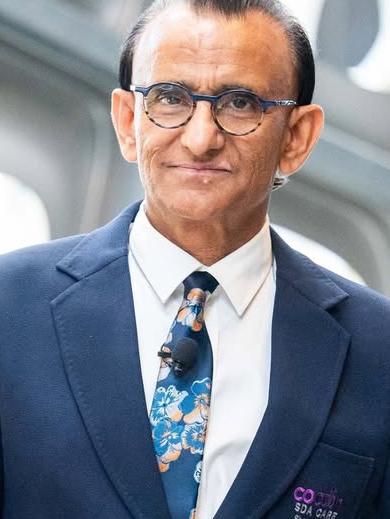
“That audit is the messiest I have seen,” the insider says. “The people inside, we were kind of like flying the airplane and fixing the wing mid-flight. Overnight we’re creating documents because we know we do not have them. We were then flagged big time about major non-conformance.”
Documentation and screening was even missing for Latif and Cocoon’s advisory board chairman, former Howard government minister Gary Hardgrave.
Hardgrave this week told The Australian that, as of last Friday, he had parted company with Cocoon.
Disabilities rookie
Zaffar in the beginning had no real understanding of NDIS services, according to the insider who speaks on condition of anonymity.
People were being hired with no regard for worker screening, qualifications or experience.
“One woman was just playing volleyball at the time, and someone approached her and asked if she wanted a caring job,” the insider says.
“Zaffar is not an NDIS person. Tapping into these kind of services, you really need to know what you’re doing. You will hurt people if you don’t know the industry. I was really surprised it took the NDIS so long to flag Cocoon.”
In March 2022, the NDIS Commission refused to renew Connecting Abilities Australia’s registration. But Khan and Latif remained in the sector.
Cocoon SDA Care is the company that has been in the headlines over the past fortnight, after The Australian revealed it had failed to pay staff including frontline care workers and was under investigation by agencies from a federal fraud taskforce.
A manual National Disability Insurance Agency audit of all NDIS payment claims by Cocoon SDA Care’s parent company, Horizon Solsolutions, has been underway since March.
Latif is sole director of both companies, but as always the person pulling the strings is Khan, sources say.
Khan denies it, saying on Friday that he is just the strategic adviser and “day-to-day control and executive decisions are handled by the appointed director”.
He adds: “Care and safeguarding of NDIS participants has always been our highest priority. We have been regularly audited by NDIS Commission-approved auditors, and we maintain strong internal quality complaint and management systems.”
NDIA staff said under cross-examination in the Federal Court “they had found no instances of fraud or inappropriate behaviour”, Khan says. However, the court was told the NDIA investigation that began last October – and has become the biggest of its kind in the agency – was ongoing.
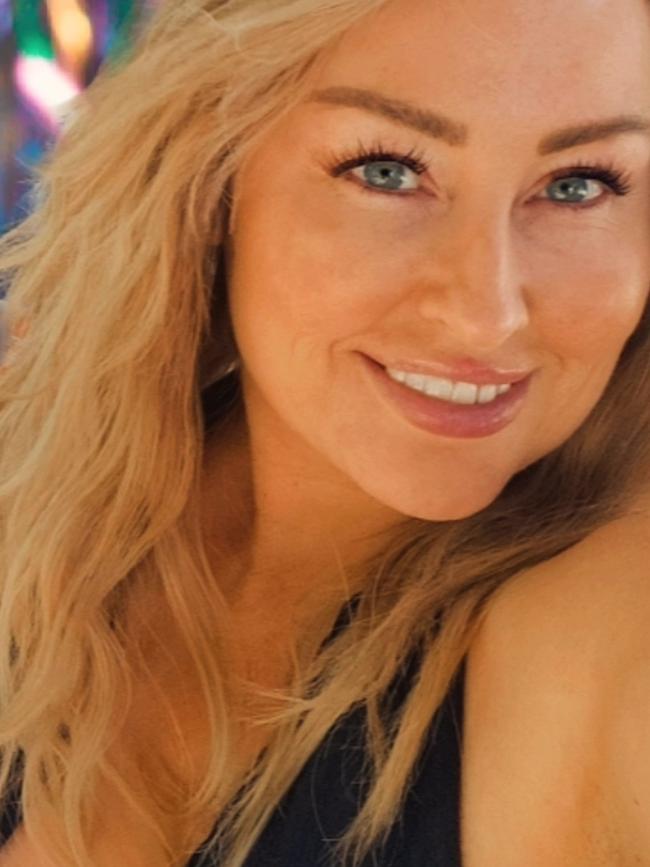
Whistleblower hits out
Former Cocoon chief executive Tanya Quinn this week alleged that Cocoon was using new investor cash to create “an illusion of success”. Horizon’s latest financial report states it earned more than $100m in “NDIS support services” funding in 2023 and 2024.
But with independent auditors warning the financials are barely worth the paper they were written on, many questions remain.
“Participants were at risk for years,” Quinn said this week. “Staff were underpaid, untrained and eventually abandoned. The ones who spoke up? Threatened or fired.”
The NDIS Commission suspended Horizon’s registration for 30 days last week after recent site visits discovered “serious safeguarding concerns”.
But even before then, with the walls closing in, Cocoon was scrambling to move the care of people with disabilities to other companies with related directors or shareholders.
Khan was shedding his shell again.
Contracts obtained by The Australian show the companies to which Cocoon was seeking to transition clients.
One was Essential Care Services, owned by Khan’s son-in-law, Shah Jawad, married to his daughter Fariha.
Another was Caring 4 All Abilities, owned by another of Khan’s daughters, Umm-I-Ayman Zafar, who shares a residential address with him.
Yet another is a company it calls “Crescent Disability Services” in documents obtained by The Australian. But the business ABN cited is for Crescent Respite Facility, owned by Cocoon executive director Pranay Kumar and previously owned by Fariha.
The real victims
NDIS support coordinator and disability advocate Liz Sbeghen has witnessed the effects of this turmoil first hand. One of her clients is a woman in her 50s with impairments from a stroke, living in a Horizon home with her care being managed by Cocoon SDA Care.
That was until last week, when Horizon’s NDIS registration was suspended.
The woman’s care needs were transferred to a new provider while she stayed in the same supported accommodation in Queensland’s southeast.
At home alone on Friday, May 9, her client answered the door to a removalist, who had been sent without notice to collect household items provided as part of her boarding agreement.
That included the dryer, the microwave and a bed in the support workers’ room.
The fridge was only left behind because the woman refused to unpack her recently purchased groceries. She phoned Sbeghen in tears afterwards.
“The worst thing was they turned up when our participant had no-one else there. She was traumatised,” Sbeghen says.
“She’s got left-side paralysis. She’s sitting there emptying the sideboard so he can take it back.”
Police came later but said it was a civil disagreement and they couldn’t intervene.
On Monday this week the woman phoned Sbeghen again and said “the same guy’s here to take the laptop and phone”.
The woman’s food card was cut off, and there are concerns her electricity could be too.
“This is cowboy stuff, isn’t it?” Sbeghen says.
Cocoon tried to transition the woman to Essential Care Services, owned by Khan’s son-in-law.
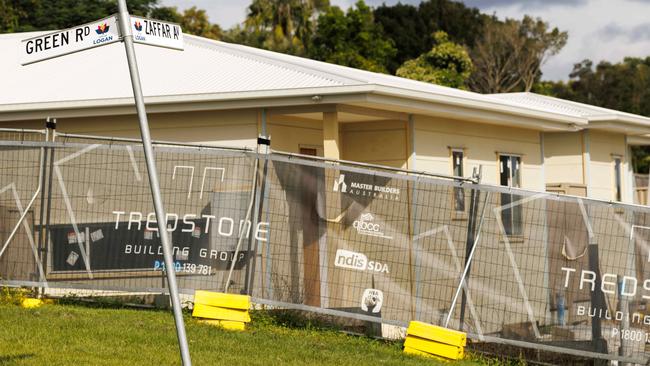
Street-sign legacy
In Zaffar Ave at Park Ridge in Logan, two partially built homes on land owned by Khan’s wife, Vina Basra, symbolise a dream that has not made it to reality.
The homes sit next to a greenfield development site in Treasurer Jim Chalmers’ electorate south of Brisbane. Khan told people he had a “100-year plan” to turn this rectangle of land, on a street named after him, into an “empowerment village” for people living in supported disability care.
In Queensland, developers can nominate street names, and Zaffar must have been happy for his own to be put forward. A side street that branches off his own is named Fariha Way, after his daughter.
But last October, his wife Basra’s company quietly sold the majority of the land to an unrelated developer for $16.5m.
Khan and his wife kept some lots, including the land with homes under construction, where temporary fencing bears the NDIS logo.
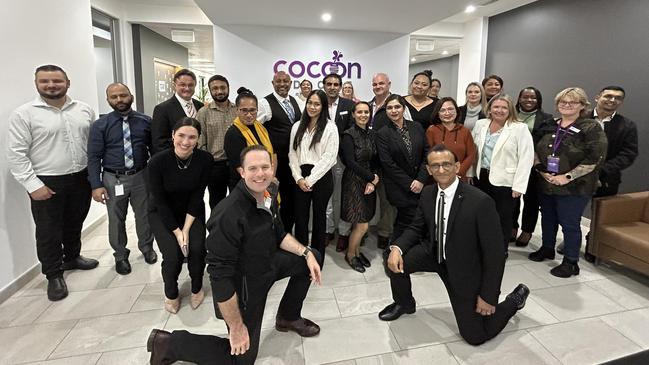
Logan mayor Jon Raven was excited by the potential of the innovative business and its stated goal of doing good in the community. He visited Cocoon’s HQ at Eight Mile Plains and promoted it on social media. Raven said this week his thoughts were for affected staff and people on the NDIS in the company’s care.
Khan insists that his empowerment village dream is unrelated to the NDIS and still alive.
“Zoning restrictions in that area would prevent the development to occur in the location that had been identified,” he says.
“We continue the search for a more suitable location.”
Additional reporting: Mackenzie Scott
Contact David Murray at murrayd@theaustralian.com.au







